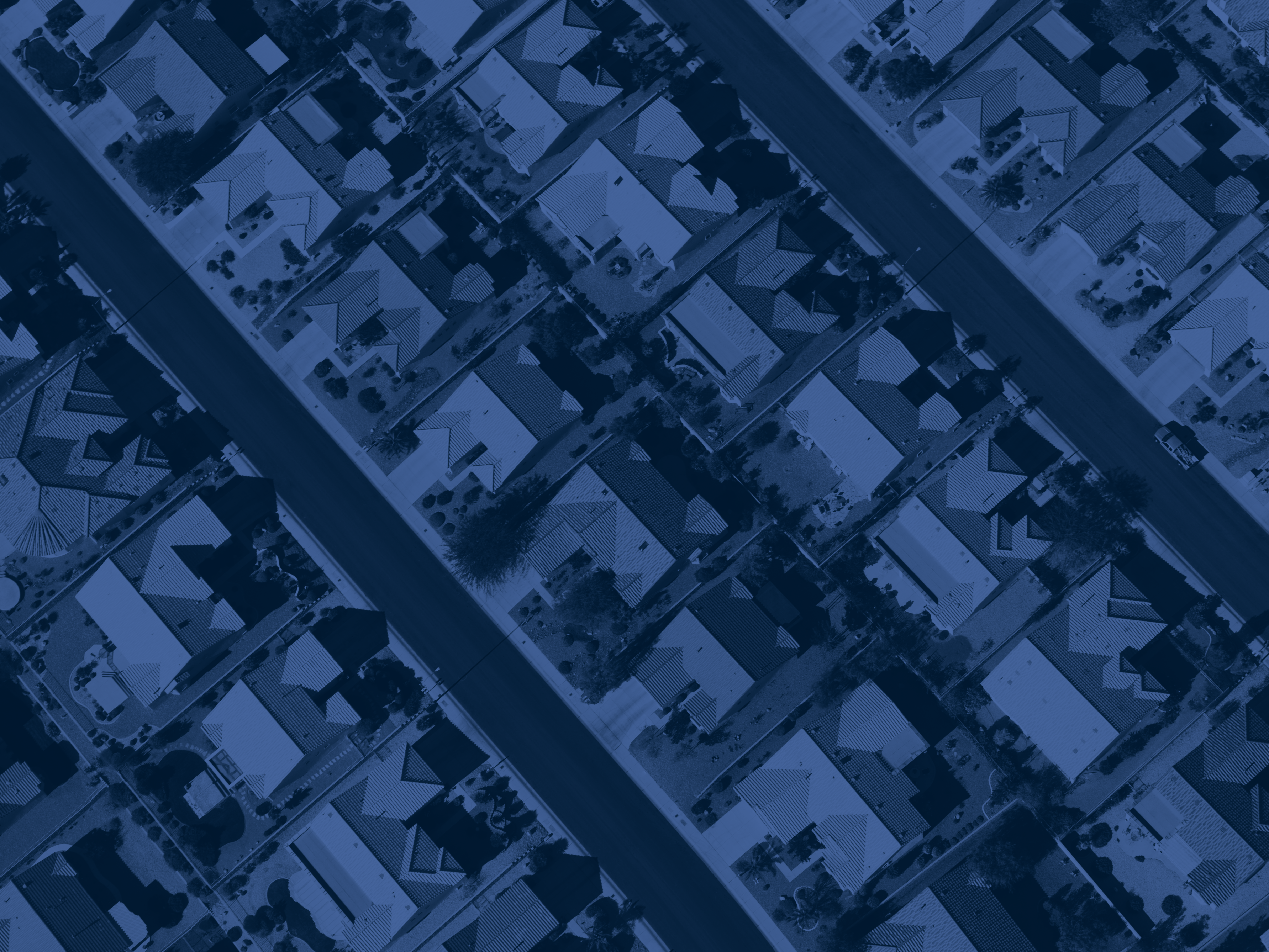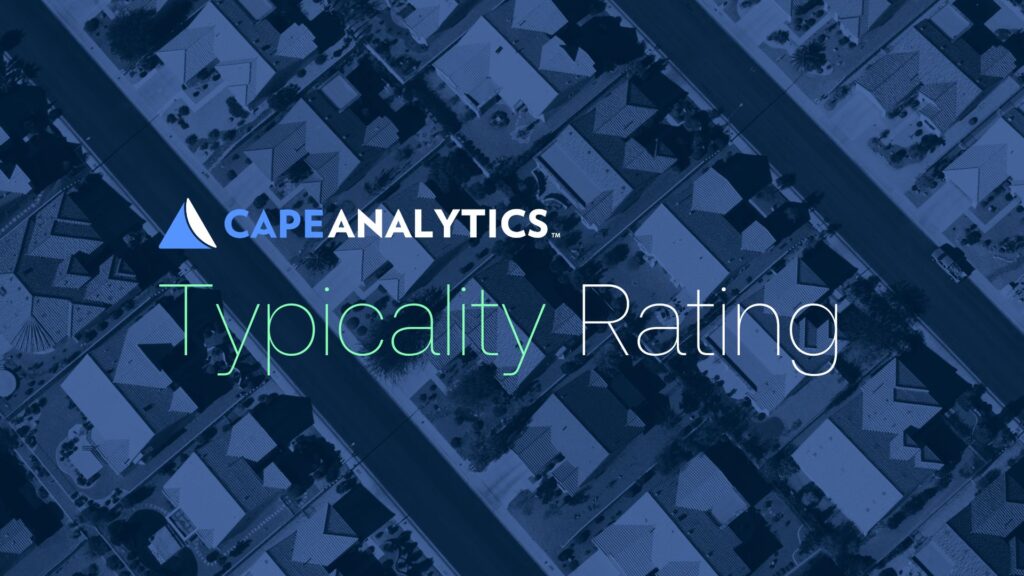
Increase Valuation Accuracy with CAPE Typicality Rating, an Objective Property Conformity Metric

Just like people, homes come in all different kinds. We’re all familiar with the common suburban tract home and the oddball house, some of which have become part of the cultural zeitgeist in recent years. Each type of home comes with its own connotations and lists of pros and cons. When it comes to the task of valuing a home, however, substantial valuation errors can be made when overlooking how a home fits into its neighborhood.
Only looking at a property’s condition, features, and location fails to provide the full picture of its value, valuation, or rent yield. What is lacking in current strategies that use comparable properties to determine prices is the idea of typicality–the degree of similarity that a property has to its neighbors.
CAPE Typicality Rating fills this gap in available property intelligence by providing a quantifiable metric that allows for a more precise understanding of a given property.
CAPE Typicality Rating
Investors and lenders are able to realize maximum value when a reasonable degree of homogeneity, but not cookie-cutter sameness, exists between a property and its neighborhood and the land uses are comparable.
CAPE Typicality Rating quantifies this attribute by comparing neighboring property features like structure size, parcel size, pool presence, solar panels, accessory structures, pool type, surrounding vegetation, and neighbor density.
Based on over 30 AI-derived property attributes, CAPE Typicality Rating measures how similar a given property is to its neighbors and helps flag statistical outliers.
CAPE Typicality Rating Use Cases
Subjective vs. Objective Measures of Typicality
Property Condition Reports (PCRs) include a subjective assessment by the inspector of how well the property conforms to the neighborhood based on as little as a drive-by of the property. Typicality Rating uses objective data extracted from geospatial imagery to provide a more accurate assessment.
Inform AVMs & Valuation
The greater the atypicality of a property, the larger the valuation error due to its reliance on comparables that do not reflect typicality. In a recent analysis, we found that over 20% of the most atypical homes had valuation errors of over 10% (PPE10+). A better understanding of the property allows for a better selection of comparables, leading to more accurate valuation and projected rental yields.
Better Understand Property Complexity
Appraisal management companies (AMCs) and lenders can better match the more experienced appraisers to handle the tougher outlier properties and also flag the more atypical properties for detailed appraisal QC.
CAPE AIRE
Typicality Rating joins CAPE Liquidity Score as part of CAPE AIRE, an AI-powered intelligence platform for the real estate market. AIRE uses computer vision, aerial imagery, and novel data sources to extract highly accurate, critical information about property conditions and their surroundings.
CAPE AIRE delivers current, accurate, and instantly available information for properties in the United States. This objective, structured data is refreshed far more frequently than other sources of property information and does not require deciphering, interpretation, or keyword searches. AIRE-powered insights can be folded into property and loan origination, bid, diligence, and management workflows.
To learn more about CAPE Typicality Rating and the CAPE AIRE real estate property intelligence platform, reach out to our team.
Aggregate Statistics Created Using Data Produced from Nearmap Imagery
